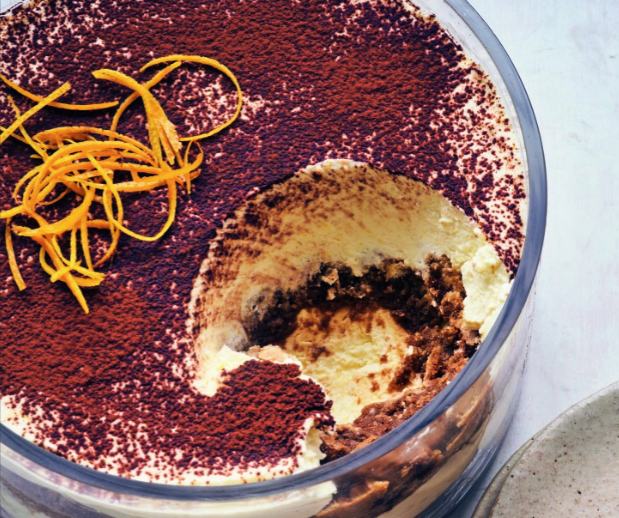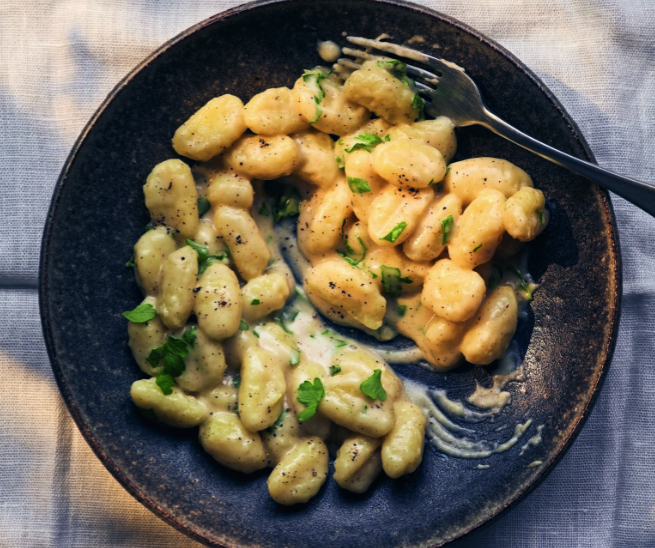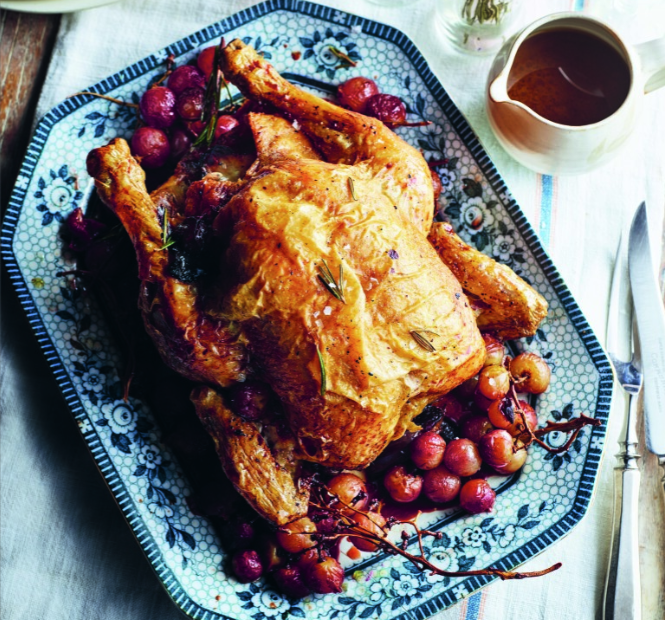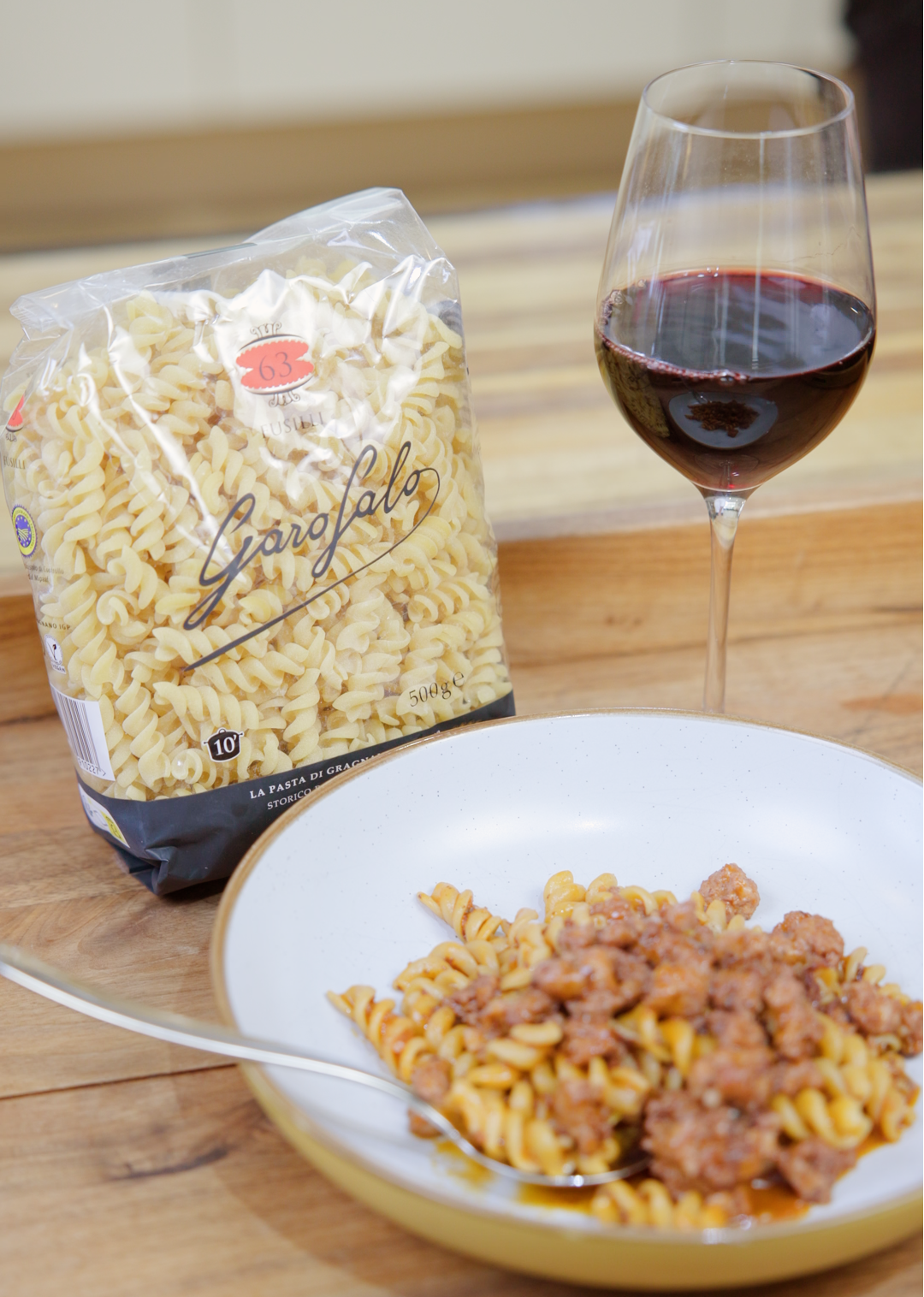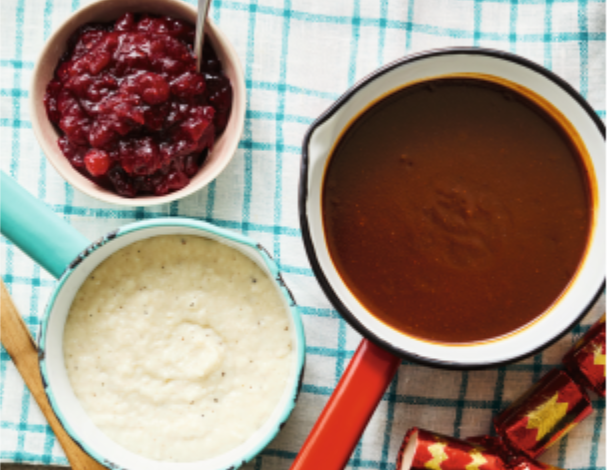Diana Henry’s Roast Pork with Juniper, Rosemary & Cider
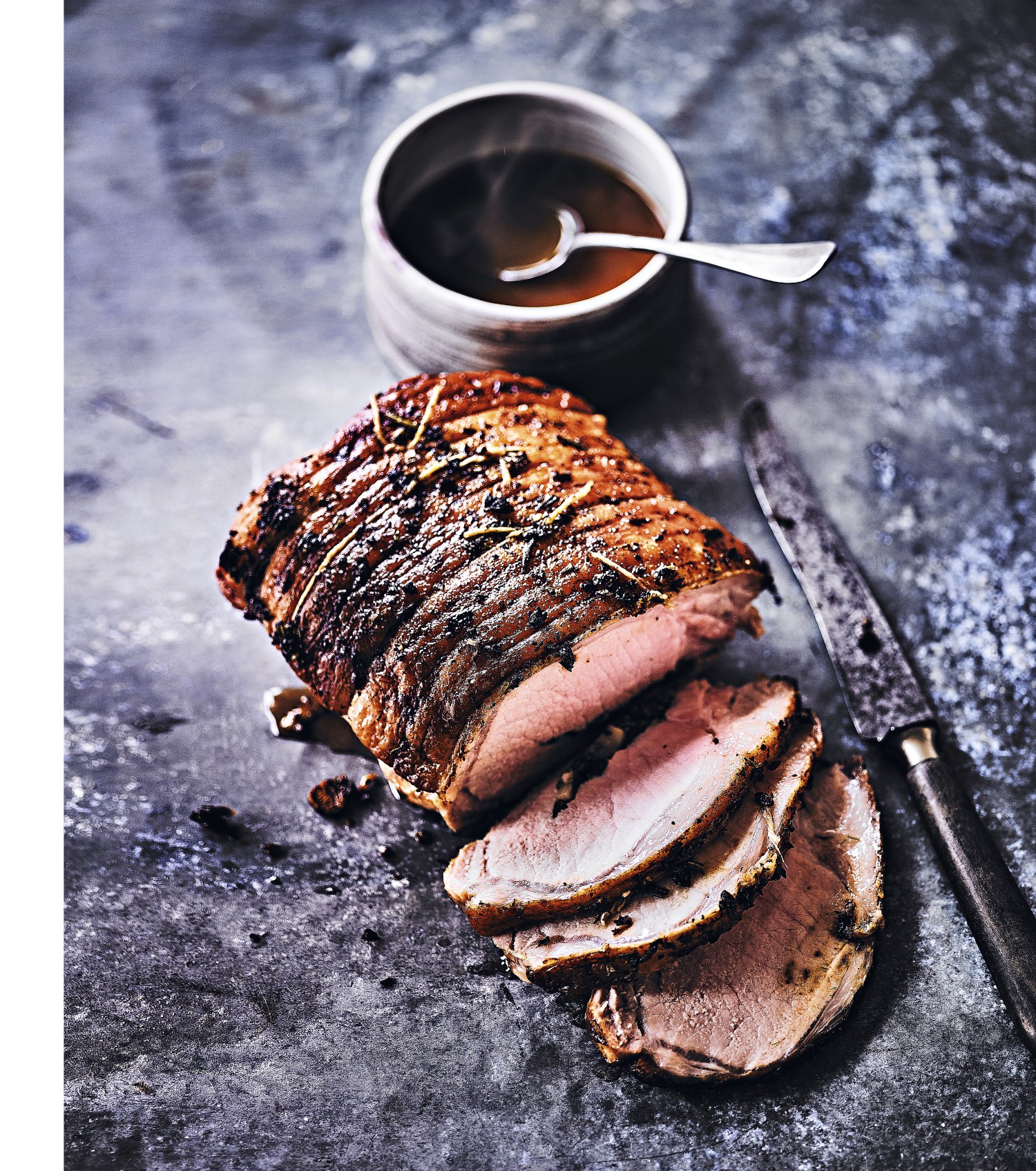
15 minutes prep, 1 hour 45 minutes cook
Serves 6
Ingredients
1.5kg-1.8kg loin of pork (off the bone), scored
6 cloves garlic, cut into slivers
Leaves from 4 sprigs rosemary
10 juniper berries
4 tbsps olive oil
150ml dry cider
400ml chicken stock
Method
Lay the pork on a board, flesh side up. Make a slit down the centre of the meat approx 2-3cm deep. Then, with the knife horizontal, cut a little way towards the outer edges, opening up the pork. Make incisions all over this with a sharp knife and push the slivers of garlic into them. Roughly crush the rosemary and juniper berries with sea salt flakes and pepper in a pestle and mortar, then gradually add the olive oil. Transfer the pork to a roasting tin (that will fit in your fridge). Rub the pounded mixture all over the meat, pushing it down into the incisions. Cover with clingfilm and leave in the fridge overnight.
Bring the pork to room temperature before you want to cook it. Preheat the oven to 220°C/Fan 200°C/Gas 7. Roll the loin and tie it at intervals with kitchen string. Season the skin well with sea salt. Roast for 15 minutes, then turn the heat down to 180°C/Fan 160°C/Gas 4 and cook for 1½ hours, basting every so often. Transfer to a warm serving platter (or a tray with a lip). Cover with foil, insulate (I use old tea towels) and leave to rest for 15 minutes or so.
Set the roasting tin over a low heat and add the cider. Heat, scraping to dislodge all the bits stuck to the base. Pour into a glass jug and add a good handful of ice cubes – this will drive the fat to the surface. Lift the fat off with a spoon. Strain and return the skimmed mixture to the roasting tin. Boil until reduced by half. Add the stock and boil until you have juices that are the consistency and depth of flavour you like (it doesn’t have to be thick – well-flavoured juices are what you’re after).
Carve the pork and serve with the cider gravy and the fennel. Mashed or little potatoes roasted in olive oil would be good on the side.
More recipes to try
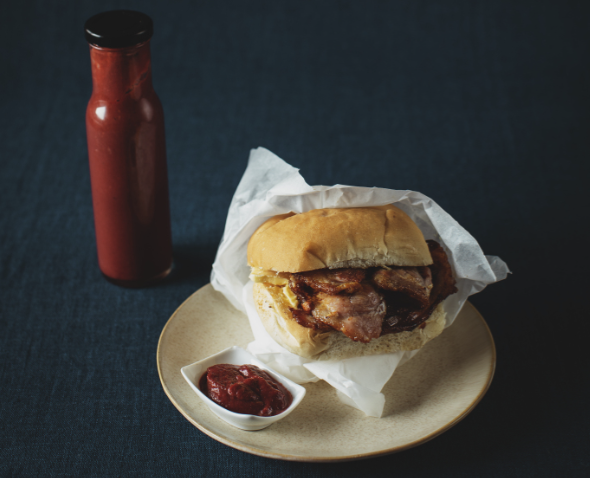
5 days curing time plus ½ day smoking time
Serves 3-4

20 minutes plus chilling time
Serves 6-8 slices

20 minutes
Serves 10-12
Great British Food Awards
Tasting videos

3 of the best biscuit and tea pairings
Treat yourself by discovering three decadent ways to match award-winning biscuits with tea
